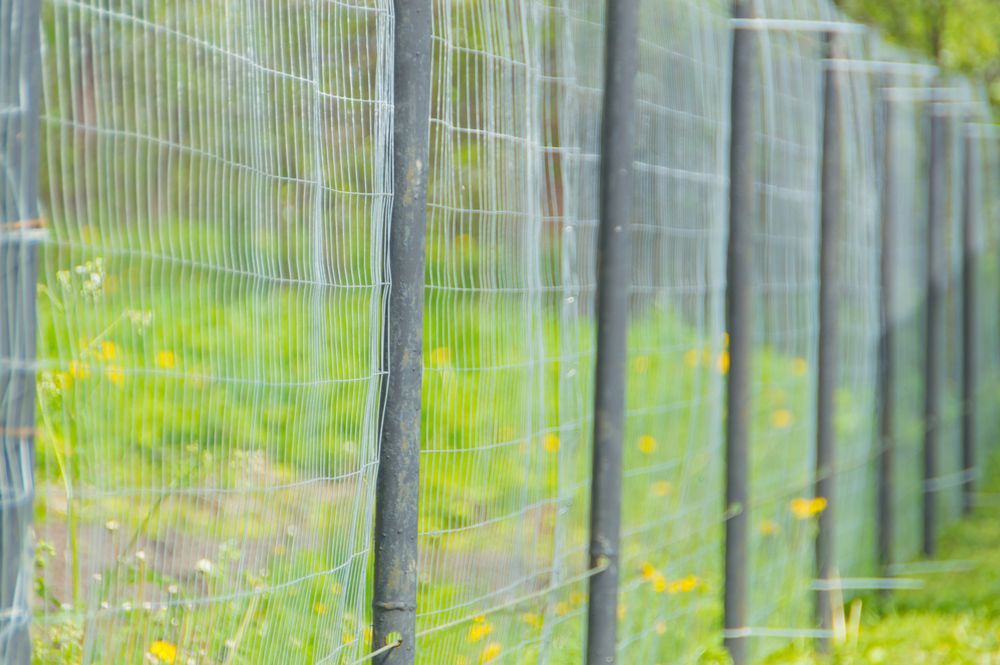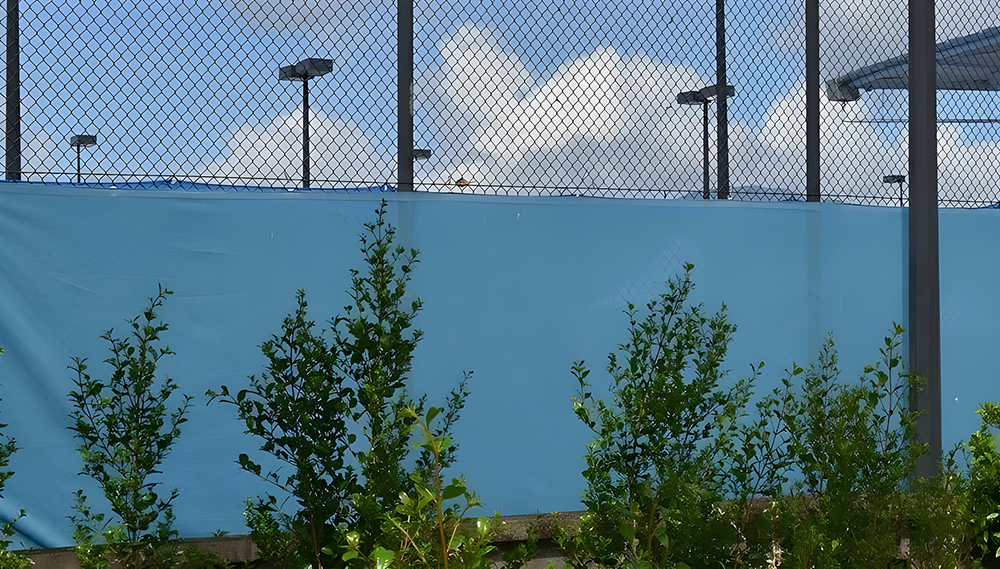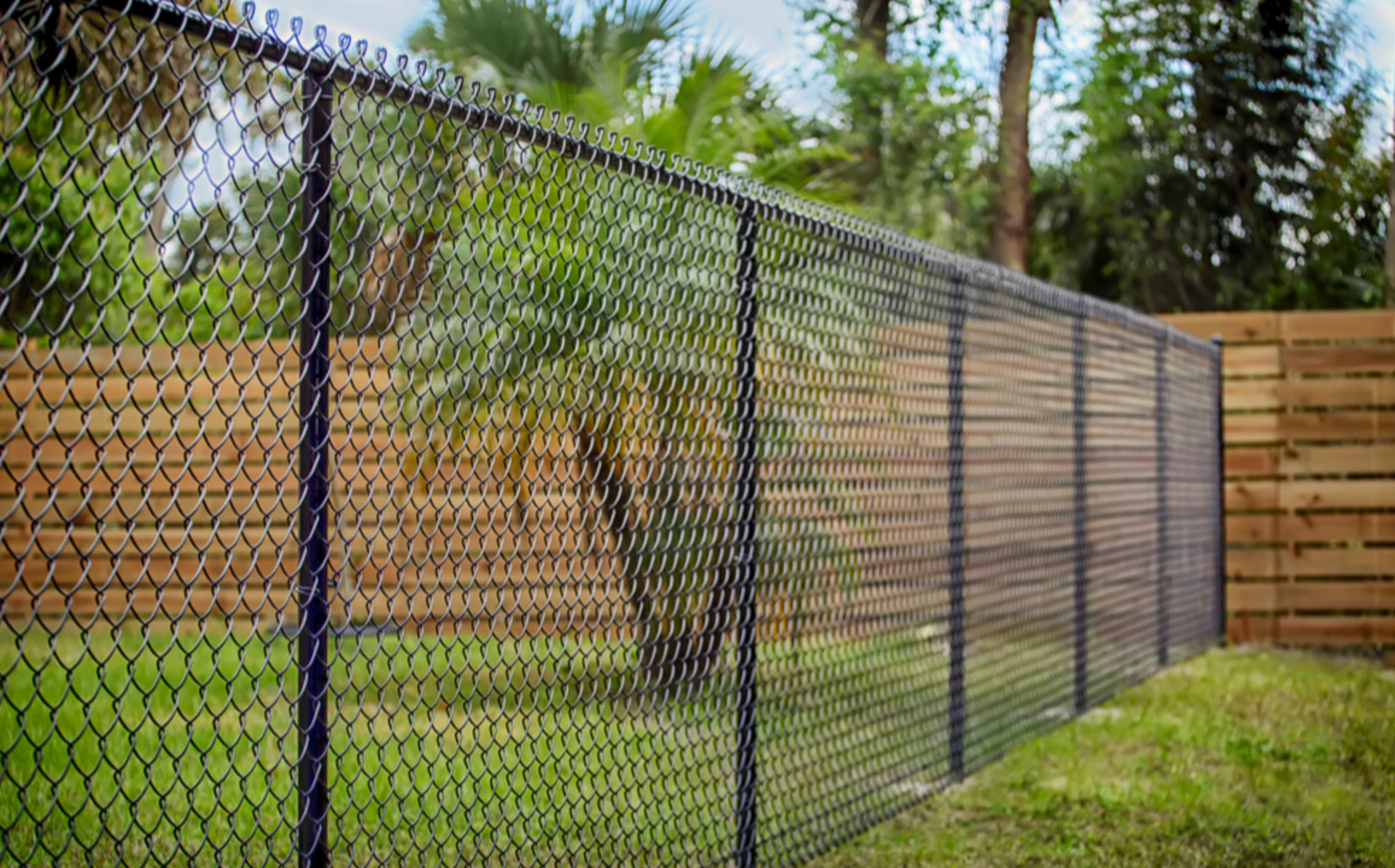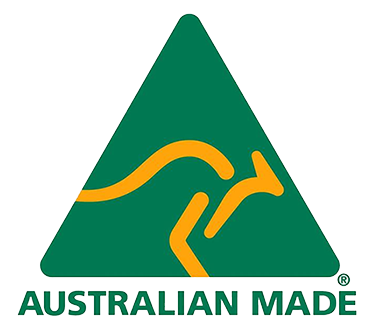How to Choose the Right Chain Wire Fencing for Your Property
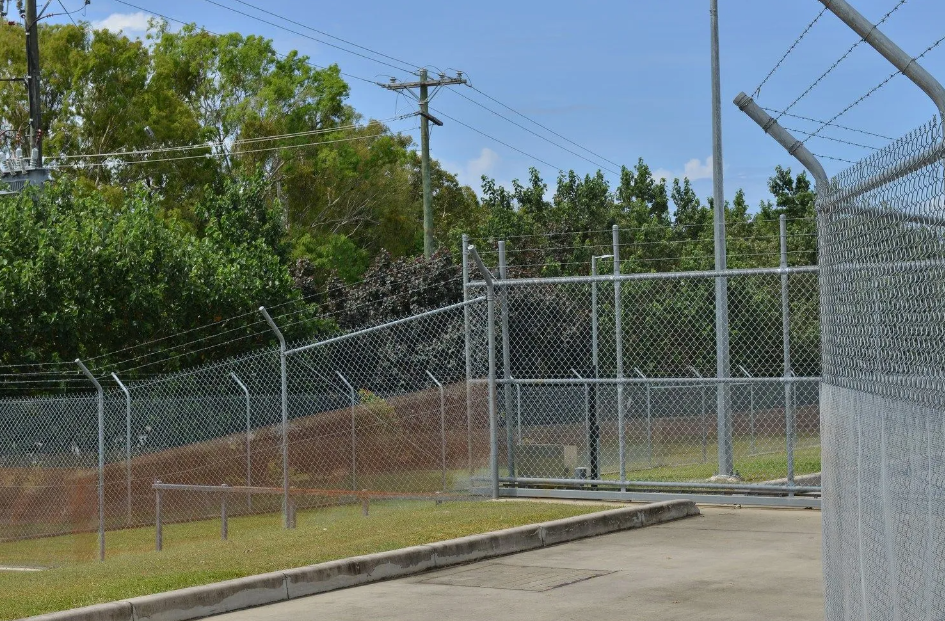
Choosing fencing for your property isn’t just about drawing a line in the sand. Whether you’re a homeowner looking for secure boundaries, a property manager needing reliable perimeter fencing, or a business owner aiming to protect commercial assets, the right choice can deliver function and peace of mind. The decision becomes even more critical in areas like Cairns and Townsville due to environmental factors and land diversity.
Chain wire fencing, known for its strength, versatility and affordability, is popular across residential, commercial, industrial and agricultural properties. But not all chain wire fences are created equal. Multiple factors influence the best type for your property, from mesh size and coating options to terrain compatibility and aesthetics. Here’s how to make the right call.
Understand the Purpose of Your Fencing Project
The first step is to define what you want your fence to do. Chain wire fencing is incredibly adaptable, but its specifications should align with the intended application.
For instance, consider the following uses and their implications:
- Residential boundaries often require medium-height fencing with a neat appearance to mark perimeters and maintain open visibility.
- Commercial or industrial sites benefit from taller fencing and finer mesh sizes for security and access control.
- Sports facilities typically use heavy-duty chain wire with smaller mesh to prevent balls or equipment from passing through.
- Agricultural and rural properties may prioritise durability and visibility, especially when fencing large areas or animal enclosures.
When the fence’s purpose is clearly defined, the rest of the decision-making process becomes more straightforward.
Choose the Right Mesh Size & Wire Gauge for Your Needs
The mesh size and the wire's thickness can significantly impact your fence's functionality. Mesh size refers to the diamond-shaped openings in the chain wire, while the gauge refers to wire thickness.
Depending on your needs, you might choose:
- A smaller mesh size (e.g., 25 mm or 40 mm) is recommended for high-security applications where intrusion needs to be restricted or small animals contained.
- A larger mesh size (e.g., 50 mm or 60 mm) is recommended for general boundary fencing, where airflow and visibility are priorities.
- Thicker wire gauges (such as 3.15 mm) are used when you need a robust fence that can withstand impact and pressure, especially in high-use environments.
These choices impact strength, security, appearance, and cost.
Evaluate Coating Options: Galvanised vs PVC-Coated Chain Wire
Coatings aren’t just cosmetic—they are critical in how long your fence lasts and how it holds up in your local environment.
There are two main options available:
- Galvanised coatings, including standard, heavy, and premium treatments, offer good protection against corrosion and are cost-effective for most applications.
- PVC coatings in black or green enhance the visual appeal and add an extra protective barrier, which is particularly useful in coastal or high-rainfall areas.
PVC-coated wire can be particularly valuable in chain wire fencing in Cairns, where high humidity and salt air are common.
Factor in Cairns & Townsville’s Climate & Environmental Conditions
Fencing in tropical climates faces unique challenges, and ignoring them can lead to rapid wear and failure. Properties in northern Queensland must consider weather exposure when selecting materials.
To adapt to local conditions, it’s recommended to:
- Choose heavy galvanised or Life Max Plus wire to combat corrosion in high-humidity areas.
- Consider PVC coatings in black or green for properties closer to the coast, where salt exposure accelerates rusting.
- Use hot-dip galvanised posts and fittings to improve durability in regions with regular rainfall further.
Environmental resilience is critical in fencing Townsville, where dry heat alternates with seasonal storms.
Consider Terrain & Installation Challenges
Chain wire fencing performs well across various landscapes, but installation on sloping or uneven ground requires specific planning. Ground conditions influence not only the choice of materials but also the fence's structure.
Here are a few considerations:
- Step or raked panels might be required on sloped land to maintain a consistent fence height.
- Rocky or clay-heavy soils may need deeper post holes and specialised post-driving equipment.
- Remote locations might benefit from roll-based chain wire fencing for easy transport and adaptability on site.
Balance Security, Visibility & Aesthetic Appeal
A good fence should do more than define a boundary—it should reflect your priorities in security, style, and openness. Luckily, chain wire fencing offers flexible options.
Depending on your priorities, you might:
- For added perimeter security in commercial or industrial zones, opt for taller fences (up to 3.6 m) with barbed or razor wire.
- Select green or black PVC coating for residential or recreational properties to blend in better with the landscape.
- Choose larger mesh sizes when visibility is important—for example, around gardens or livestock.
Balancing these elements ensures that your fencing serves practical needs without compromising curb appeal.
Factor in Maintenance Requirements & Long-Term Performance
The upfront cost of fencing is just one piece of the puzzle. Actual value lies in long-term performance, especially if you want to avoid constant repairs or replacement.
To minimise future issues:
- Invest in higher-grade galvanised or PVC-coated wire that resists corrosion and UV damage.
- Select fittings and posts to match the fence material, ensuring uniform wear over time.
- Look for Australian-manufactured products, which are typically designed for local conditions and offer more extended warranties.
Regular inspections and minor touch-ups help keep your chain wire fencing in top condition for years.
Work with a Local Chain Wire Fencing Supplier You Can Trust
When investing in chain wire fencing, working with a reputable local supplier ensures you get tailored advice, consistent quality, and timely delivery—mainly when operating in remote or regional areas.
Here’s why choosing a local provider matters:
- Products are custom-made to suit local site conditions, including climate and terrain.
- Delivery to both urban and rural areas is more efficient and cost-effective.
- The supplier can ensure compliance with Australian standards, including fencing heights, tensioning systems, and coating requirements.
A knowledgeable supplier can guide you from selection to installation, saving time and avoiding costly mistakes.
Get Expert Advice from NQ Chain Wire Manufacturers
At NQ Chain Wire Manufacturers, we supply and fabricate chain wire fencing solutions for Cairns, Townsville, and surrounding areas. From galvanised to PVC-coated options, we ensure every fence is designed to meet Australian standards and local climate demands.
If you’re ready to secure your property with durable, high-quality fencing, contact us to explore your options or get in touch for tailored advice.
